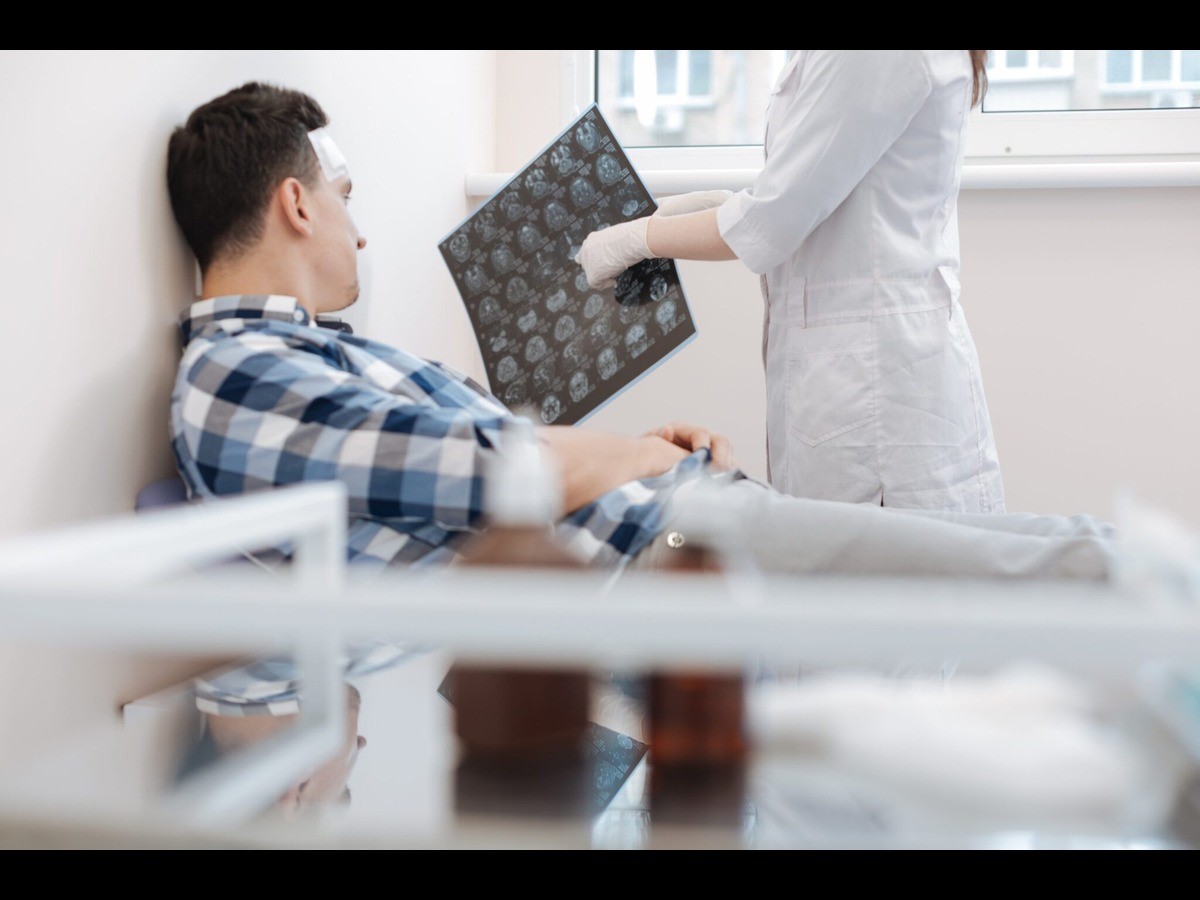Australian health researchers have developed a new ‘dictionary’ intended to better predict outcomes for people who have experienced a moderate-severe traumatic brain injury (TBI).
The Australian Traumatic Brain Injury Initiative (AUS-TBI) examined factors related to social support, health, clinical care, biological markers, acute interventions, and longer-term outcomes. This Single Data Dictionary is a master list of information that if collected, will give the best chance at understanding how a person will recover from their brain injury.
Consortium lead and Curtin University deputy vice-chancellor, Professor Melinda Fitzgerald said predicting individual outcomes following a TBI was critical, but also very difficult.
“The rate and degree of recovery after moderate-severe TBI varies greatly, due in part to the complex and diverse nature of these injuries,” Fitzgerald said. “Prediction of outcomes after TBI for individual patients remains imprecise and we have only partial understanding of what it is about the person, their injury, their environment, or care that moderates and/or determines the multiple outcomes that contribute to their quality of life.
“At present, there is no indicator or group of indicators that can sufficiently predict treatment outcome or responsiveness to allow for personalised acute care and rehabilitation for patients with TBI,” she said.
To create the Single Data Dictionary, the AUS-TBI team examined thousands of published research articles reporting factors which may impact a person’s recovery, such as their medical history, social contexts, biological markers, level of personal support, effectiveness of treatment and more.
Co-author Dr Sarah Hellewell, from The Curtin Faculty of Health Sciences, said severe TBI has a mortality rate of 30–40 per cent and less than 50 per cent of patients achieve long-term independence while new injuries add $2 billion in lifetime direct costs to the Australian healthcare system each year.
“Between 2006 and 2015, there was no change in survival or functional outcomes following TBI, proving the need for better, targeted management strategies to reduce mortality and improve quality of life,” she said.
Organisations also involved in the consortium included the Perron Institute, Telethon Kids Institute, Monash University, Griffith University, Deakin University, University of Sydney, University of Queensland, University of Adelaide, University of Melbourne, University of Newcastle, Synapse, Hunter Medical Research Institute, John Hunter Hospital, Brightwater Care Group, The Children’s Hospital at Westmead and Epworth HealthCare.
The Brain Injury Conference is being held in Adelaide from September 24-26.
Register for the conference, here. For information contact Interpoint Events at: 1300 789 845 or info@interpoint.com.au

